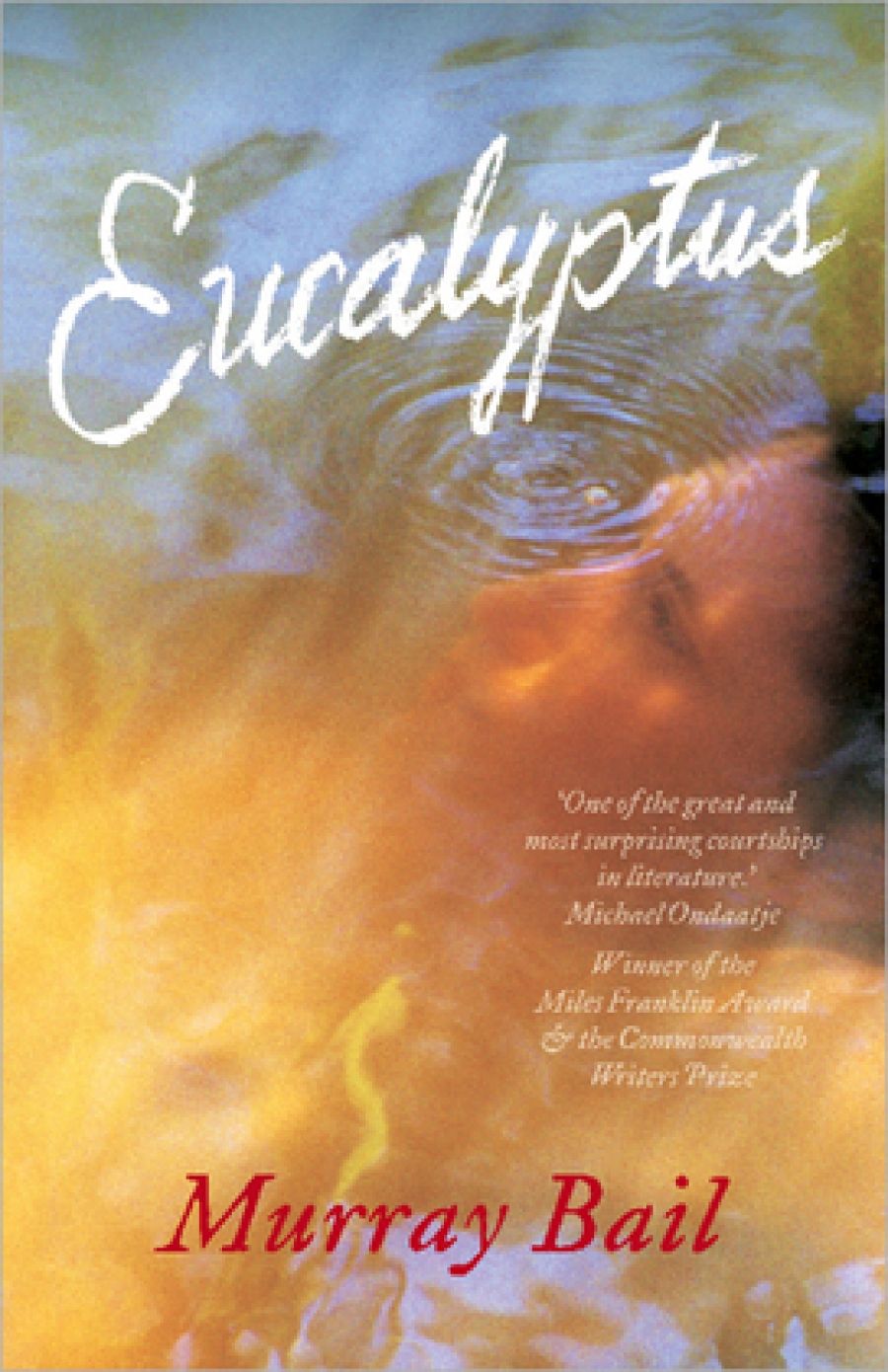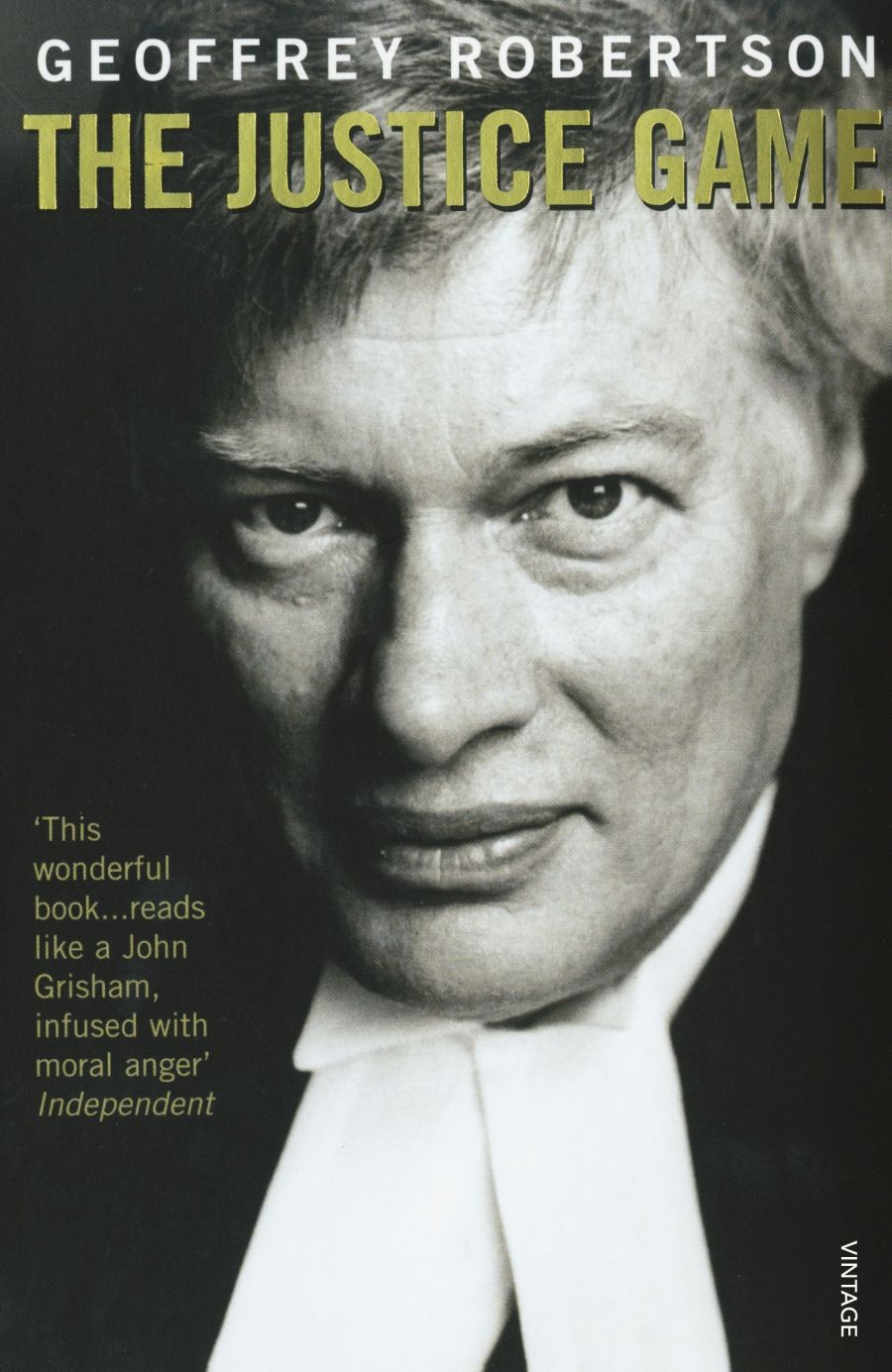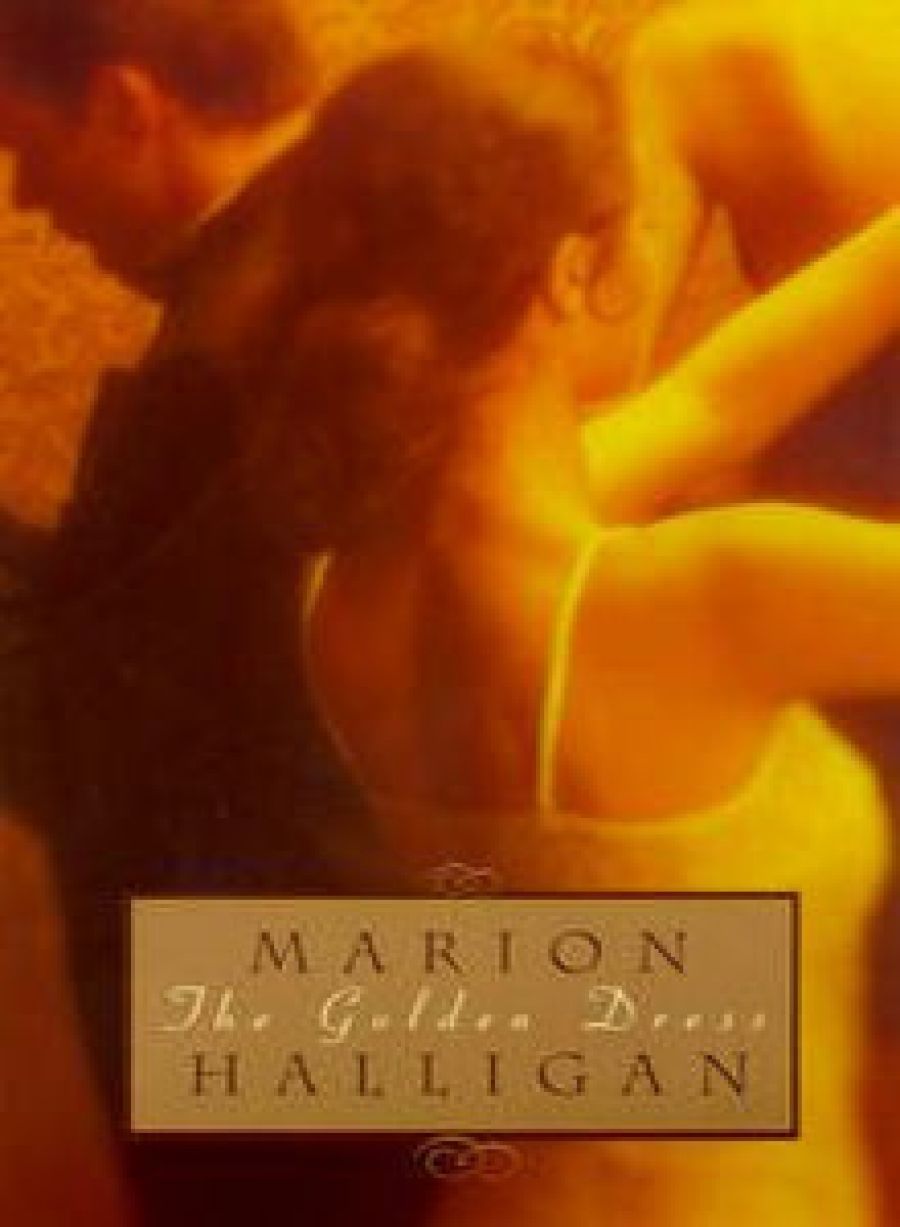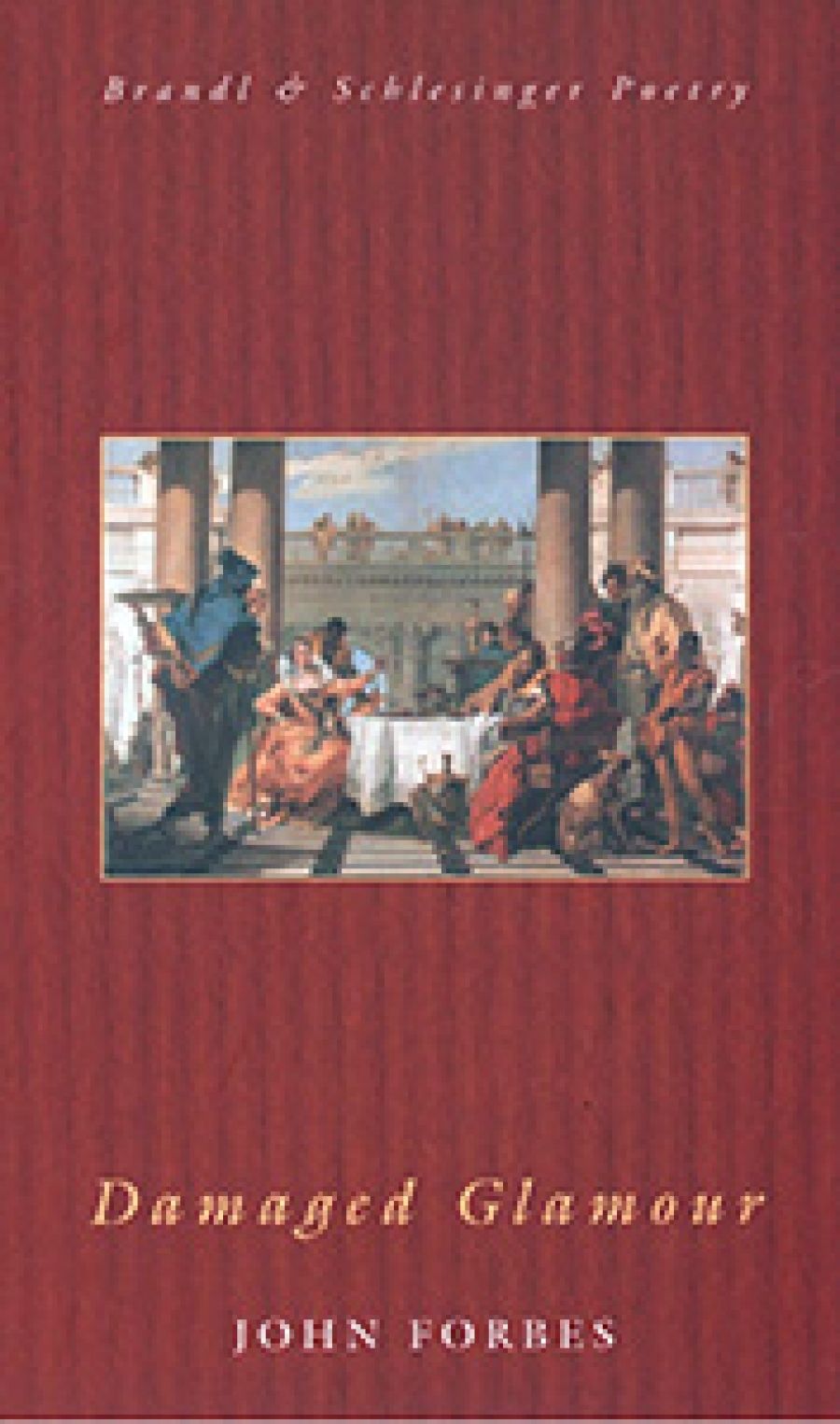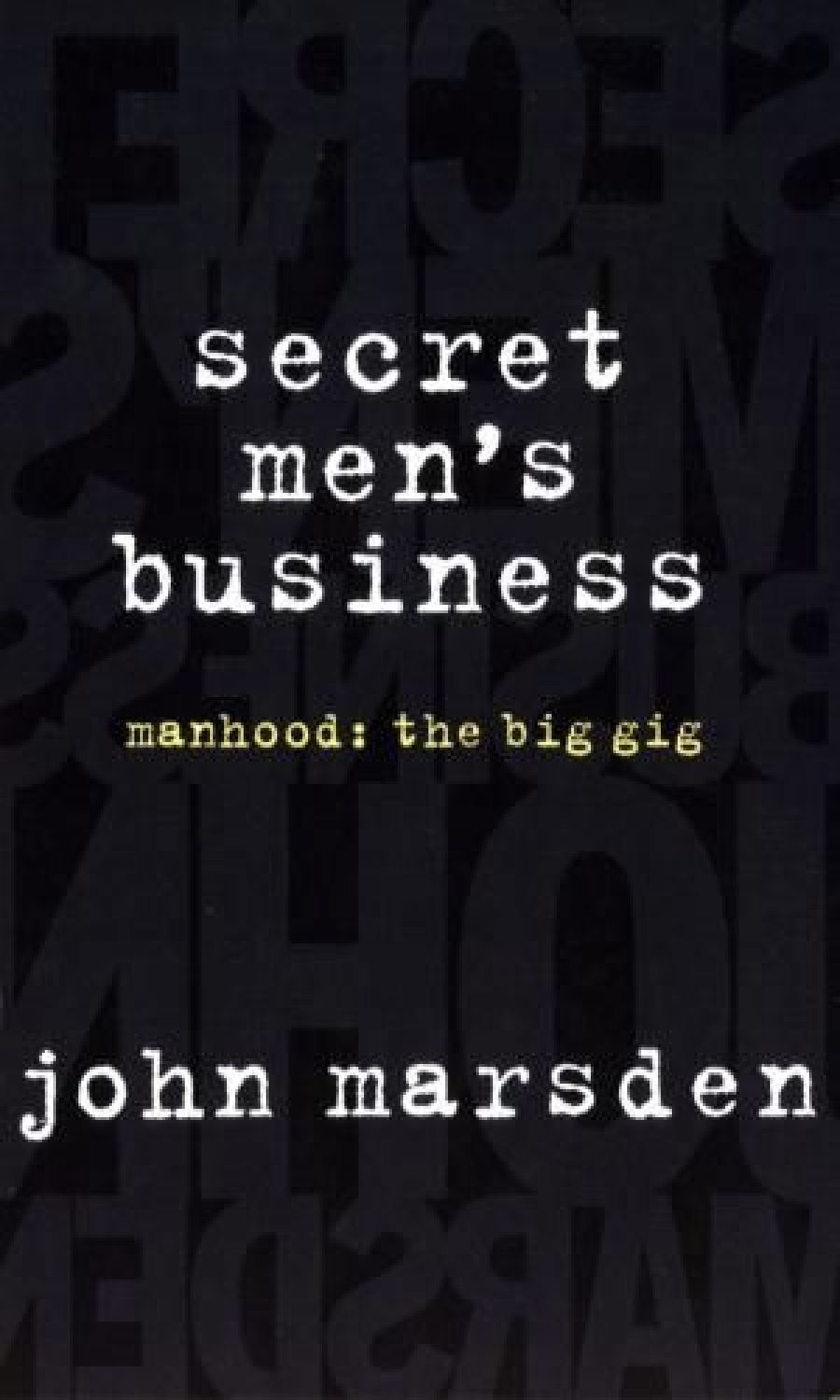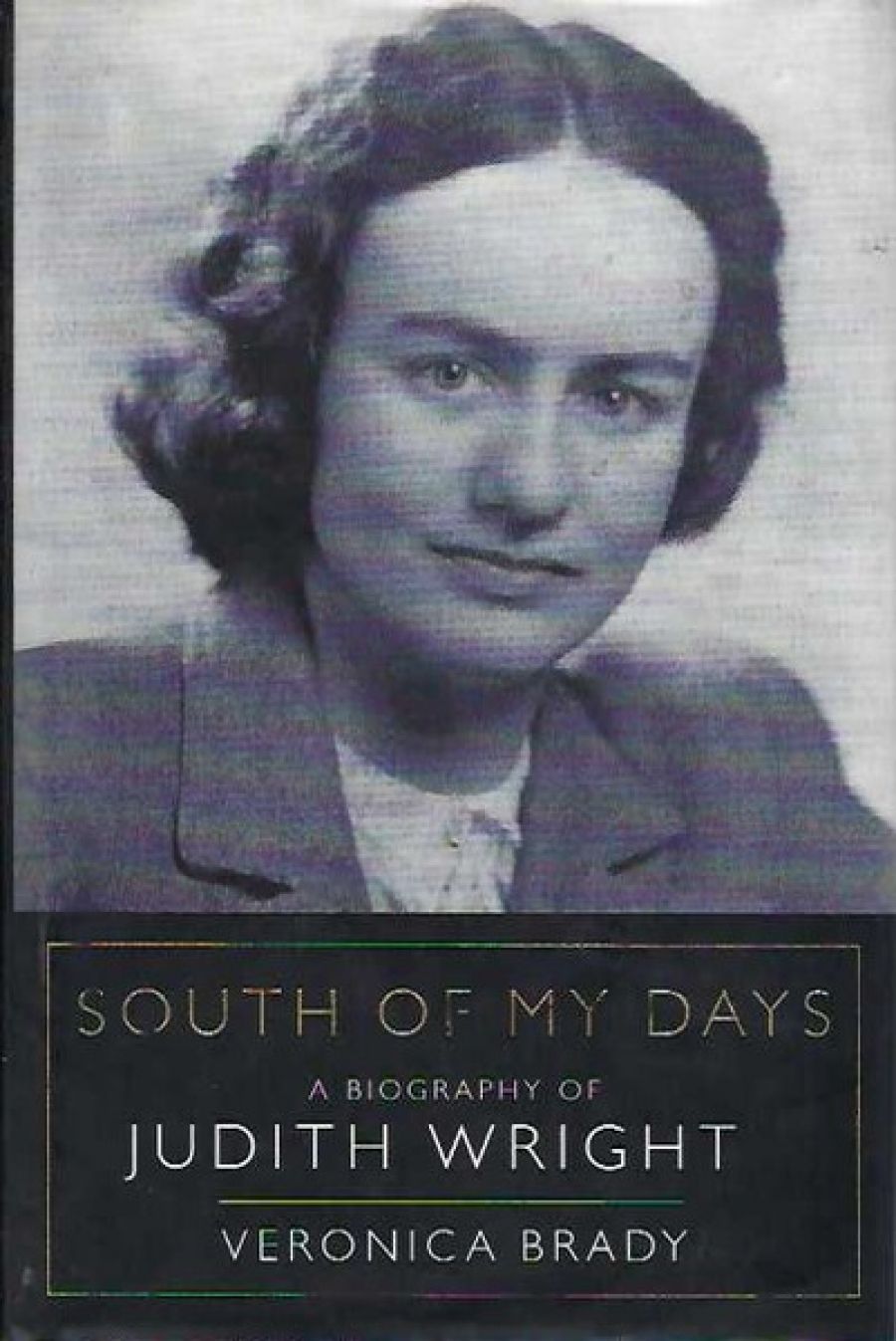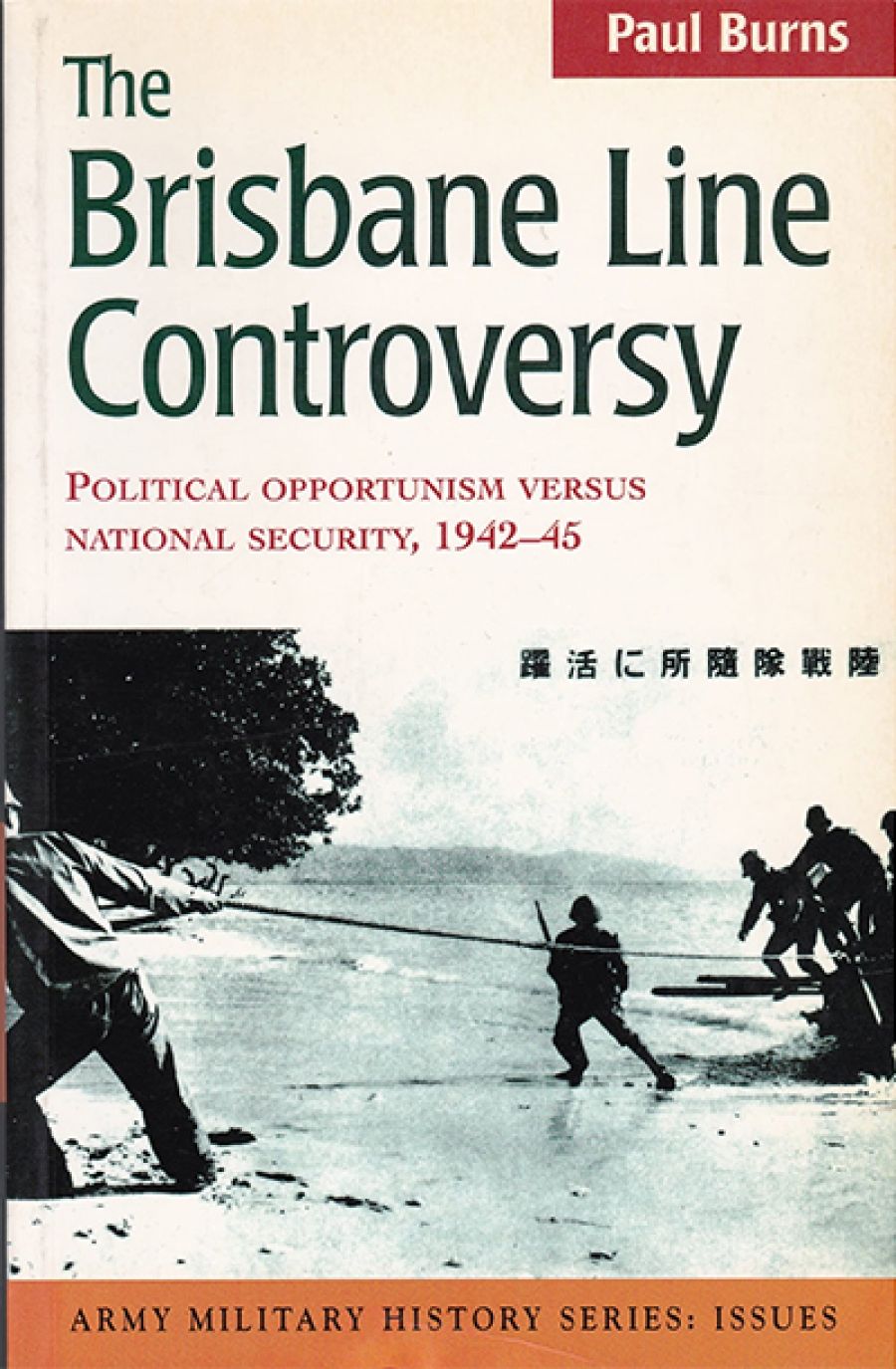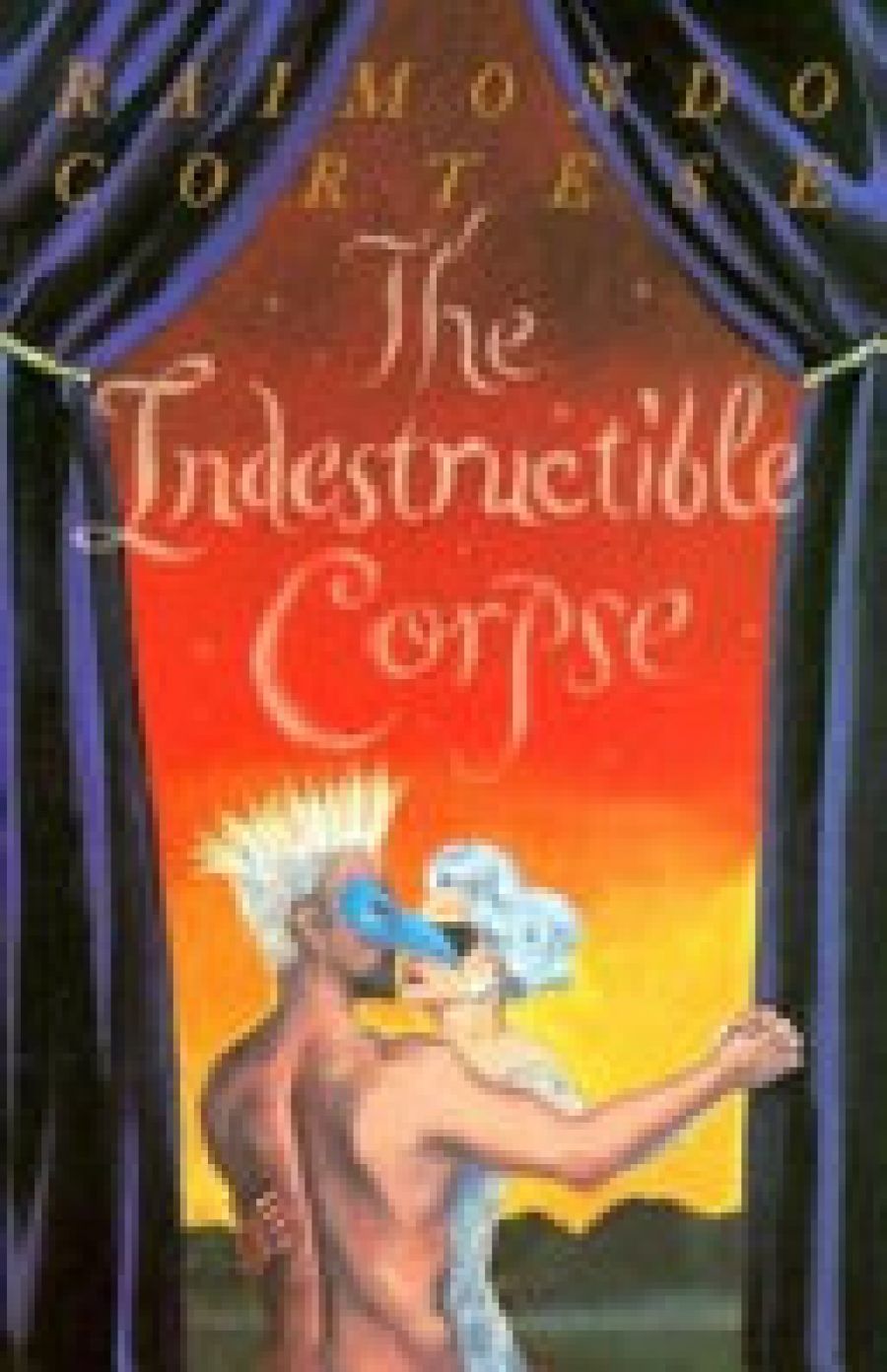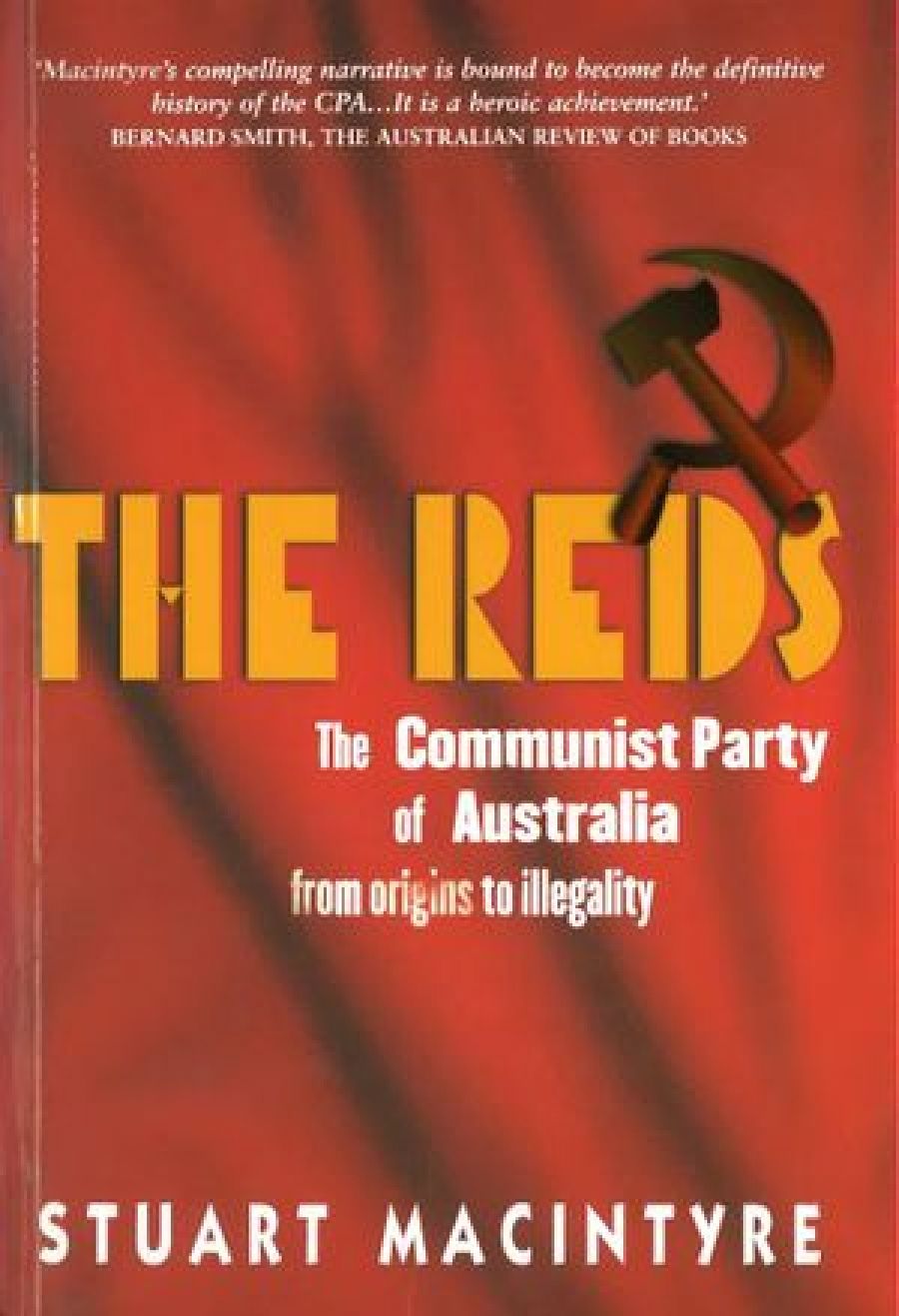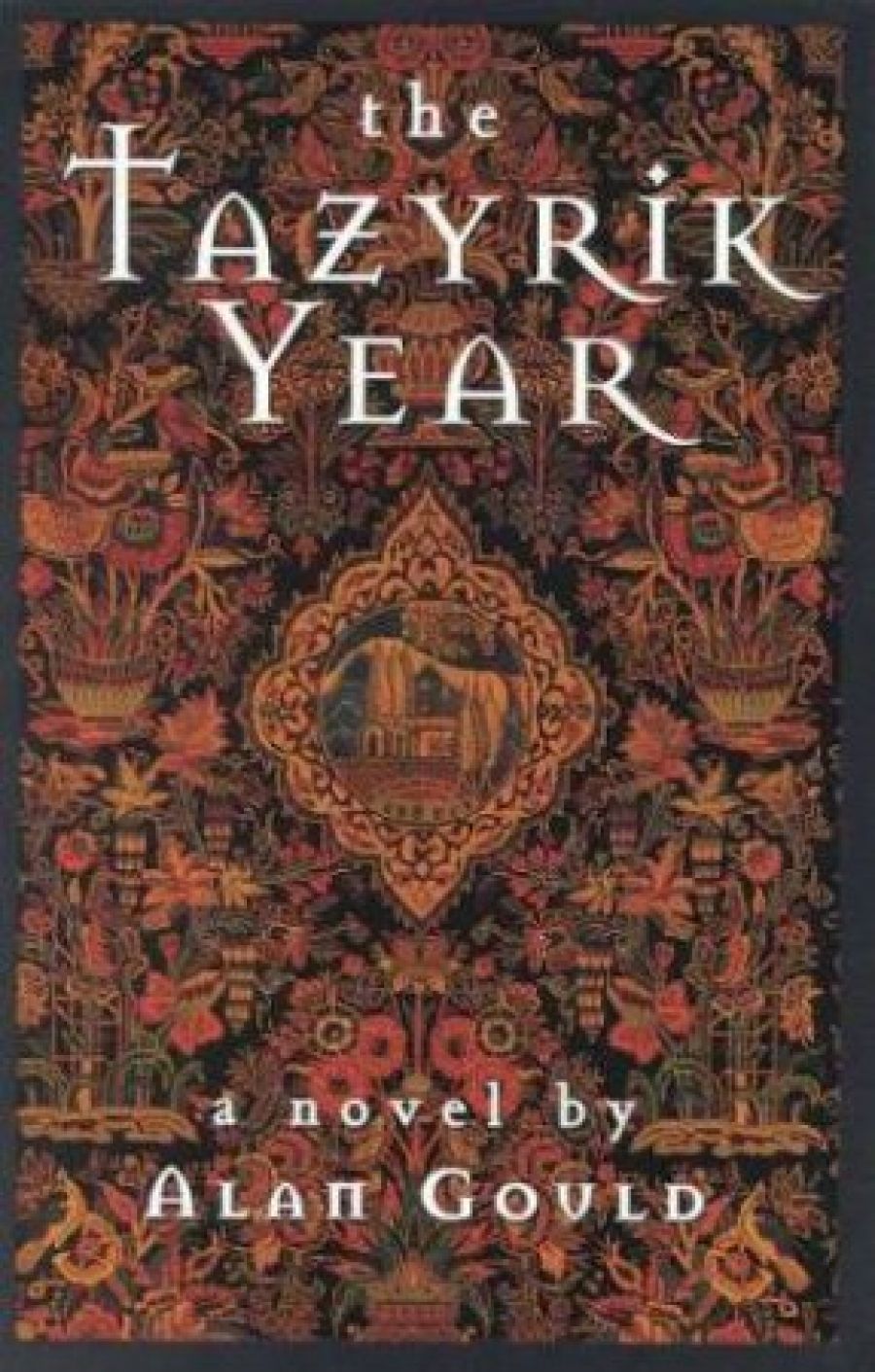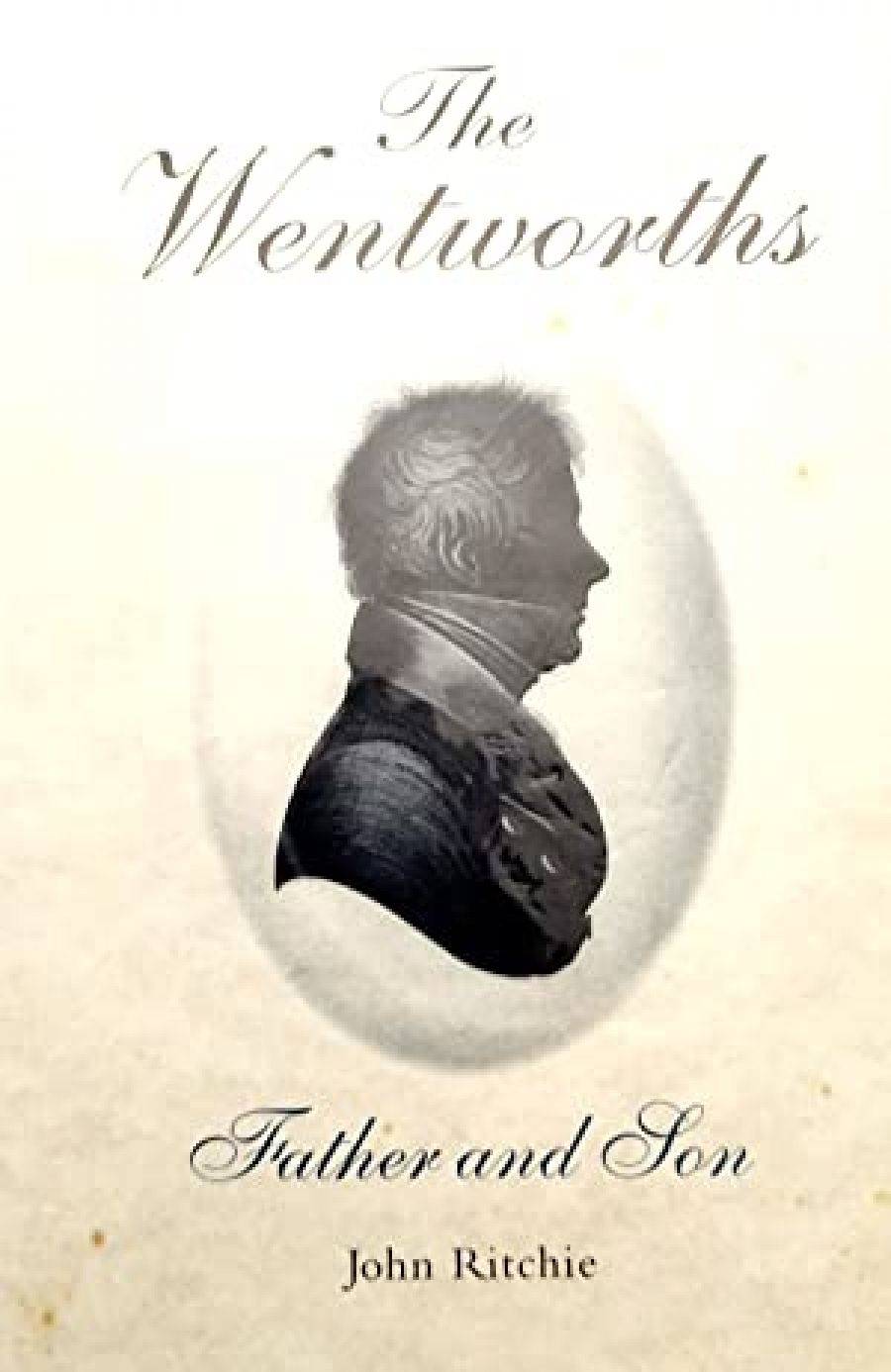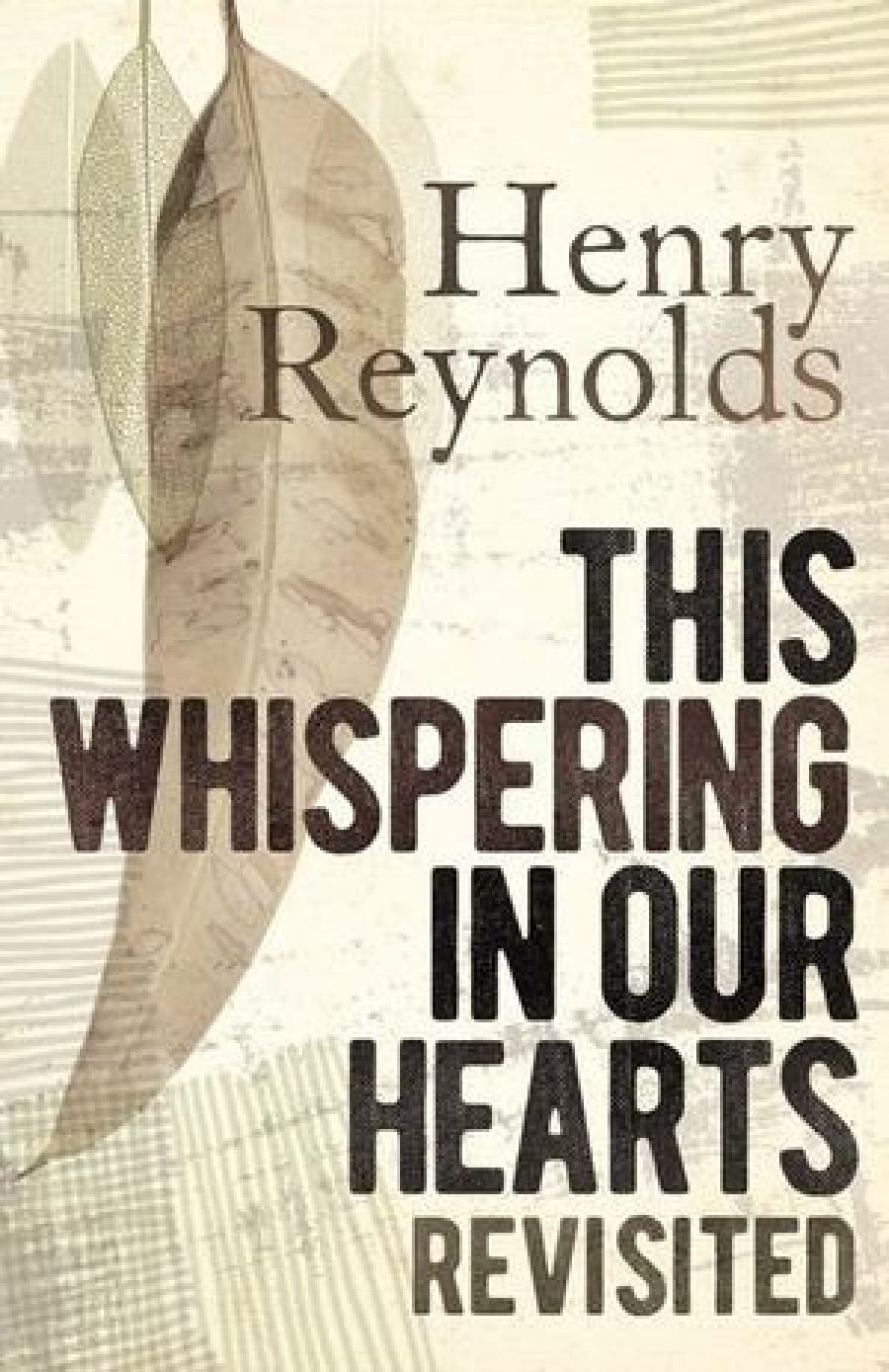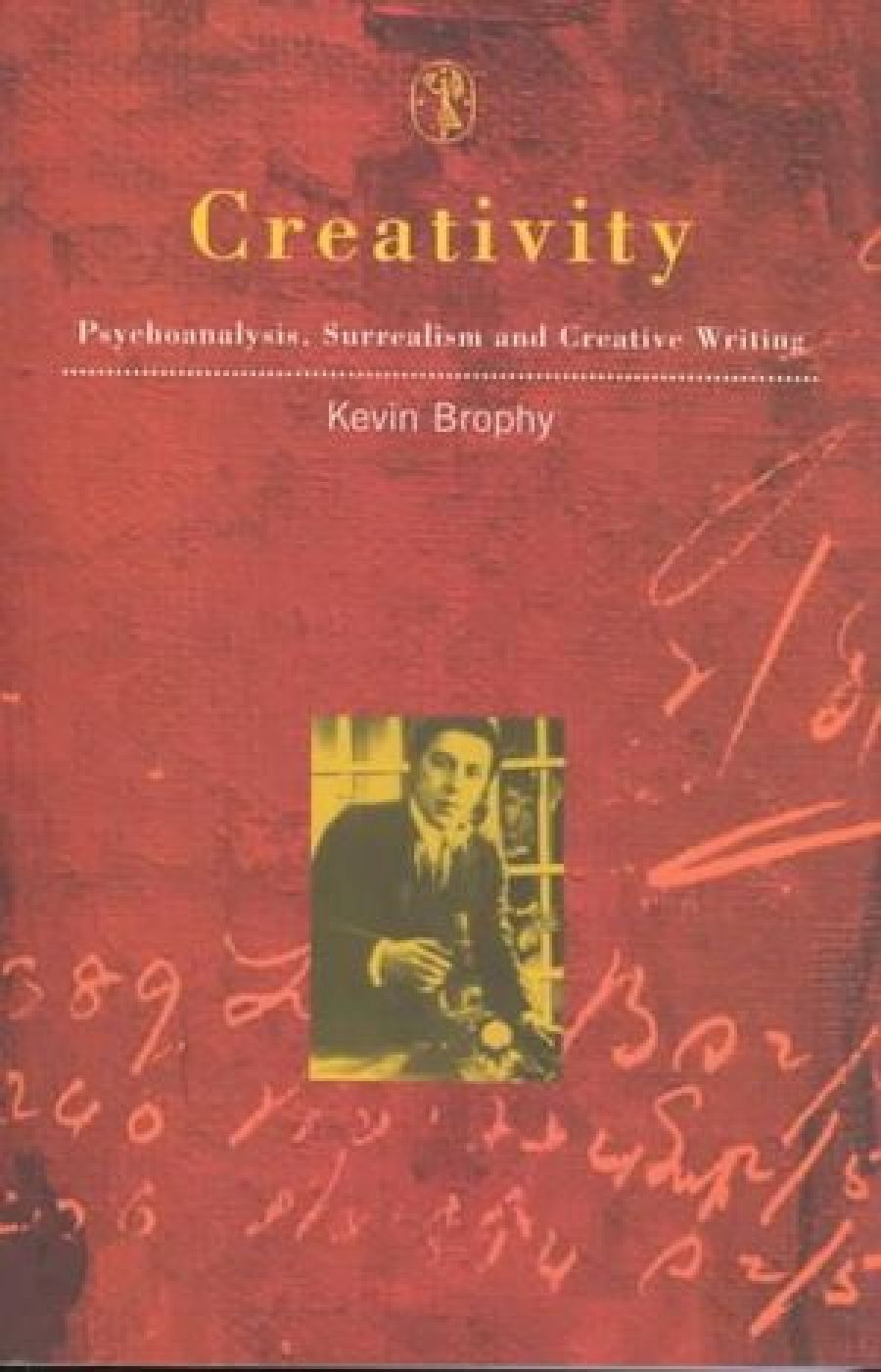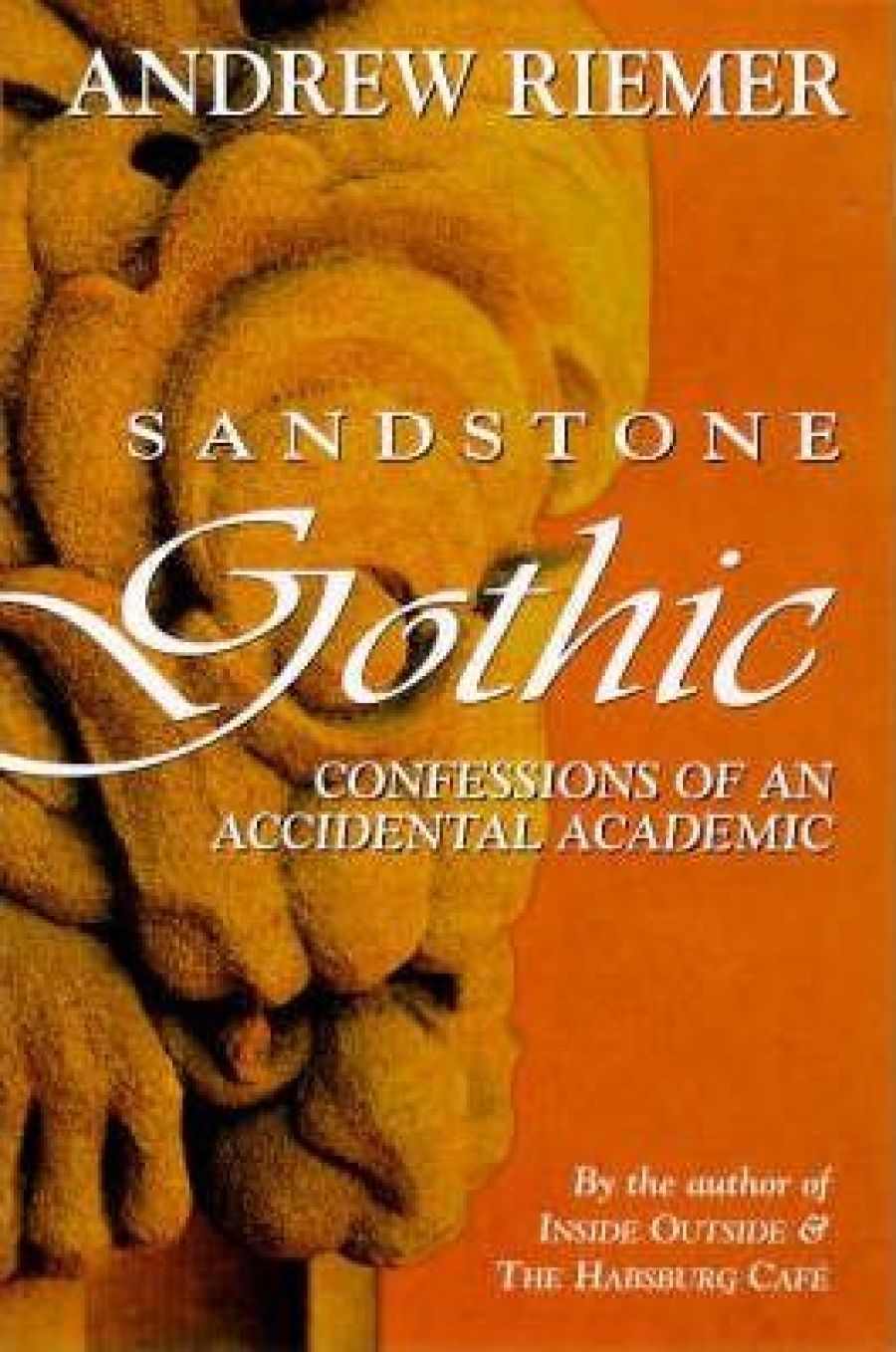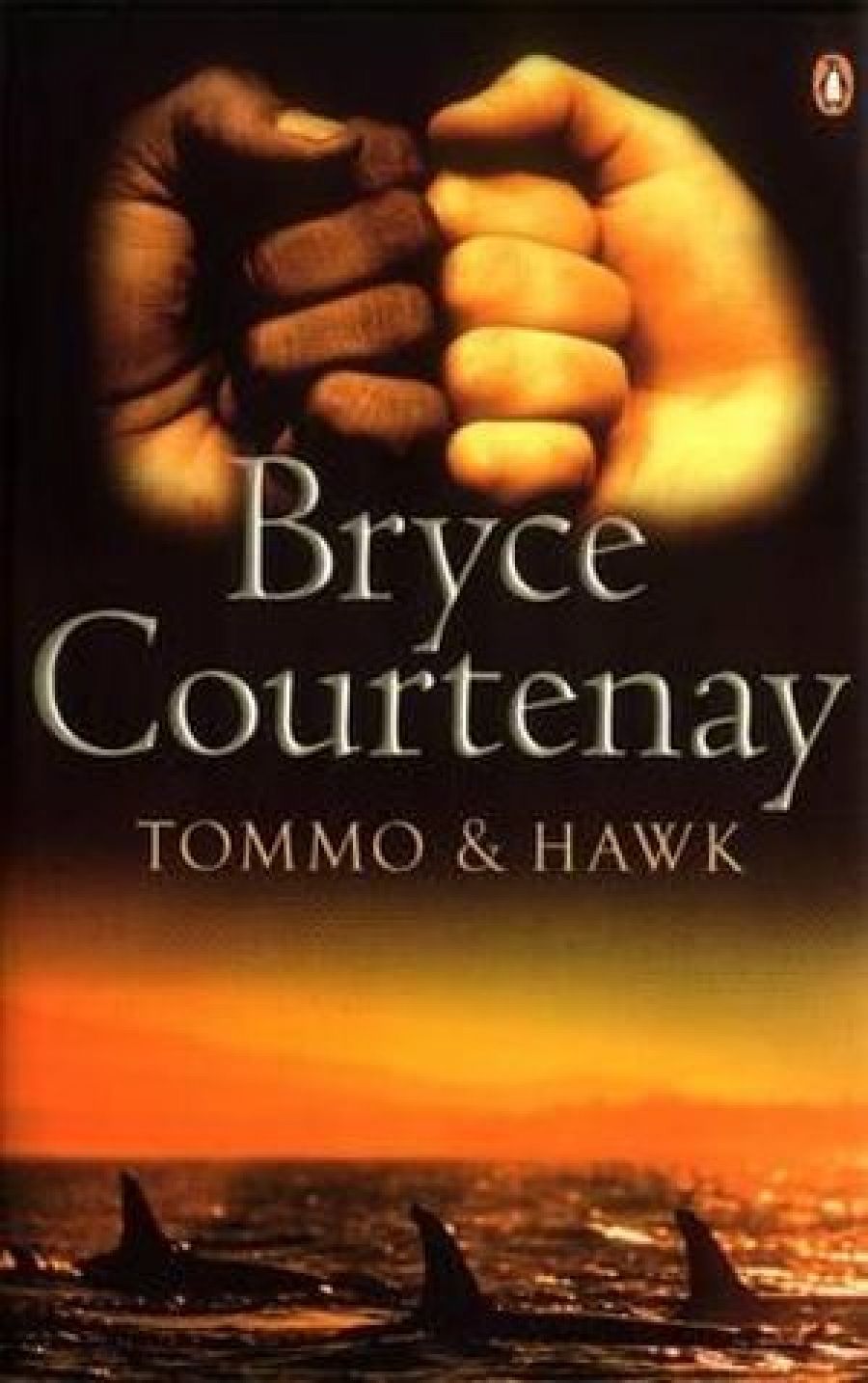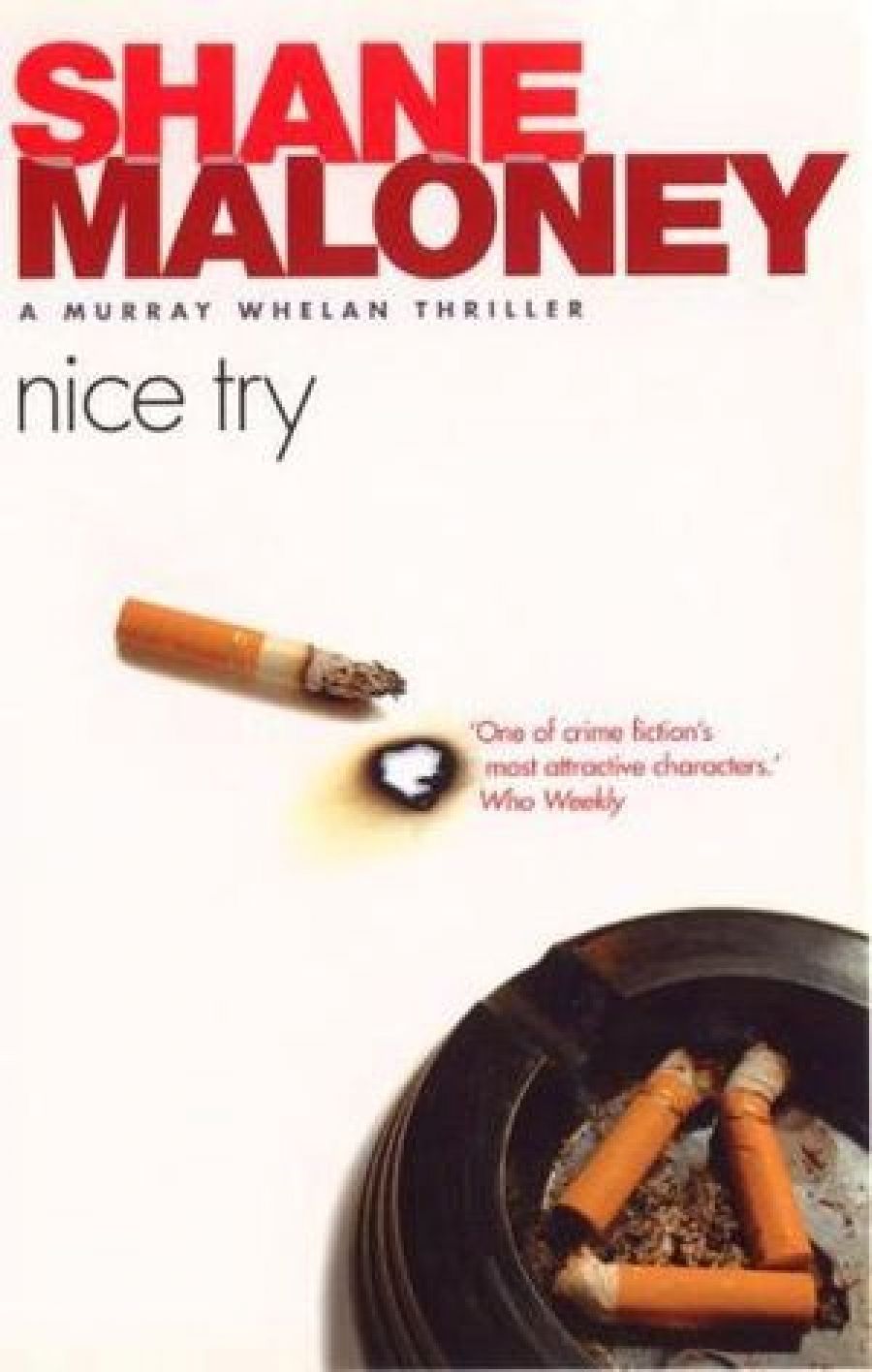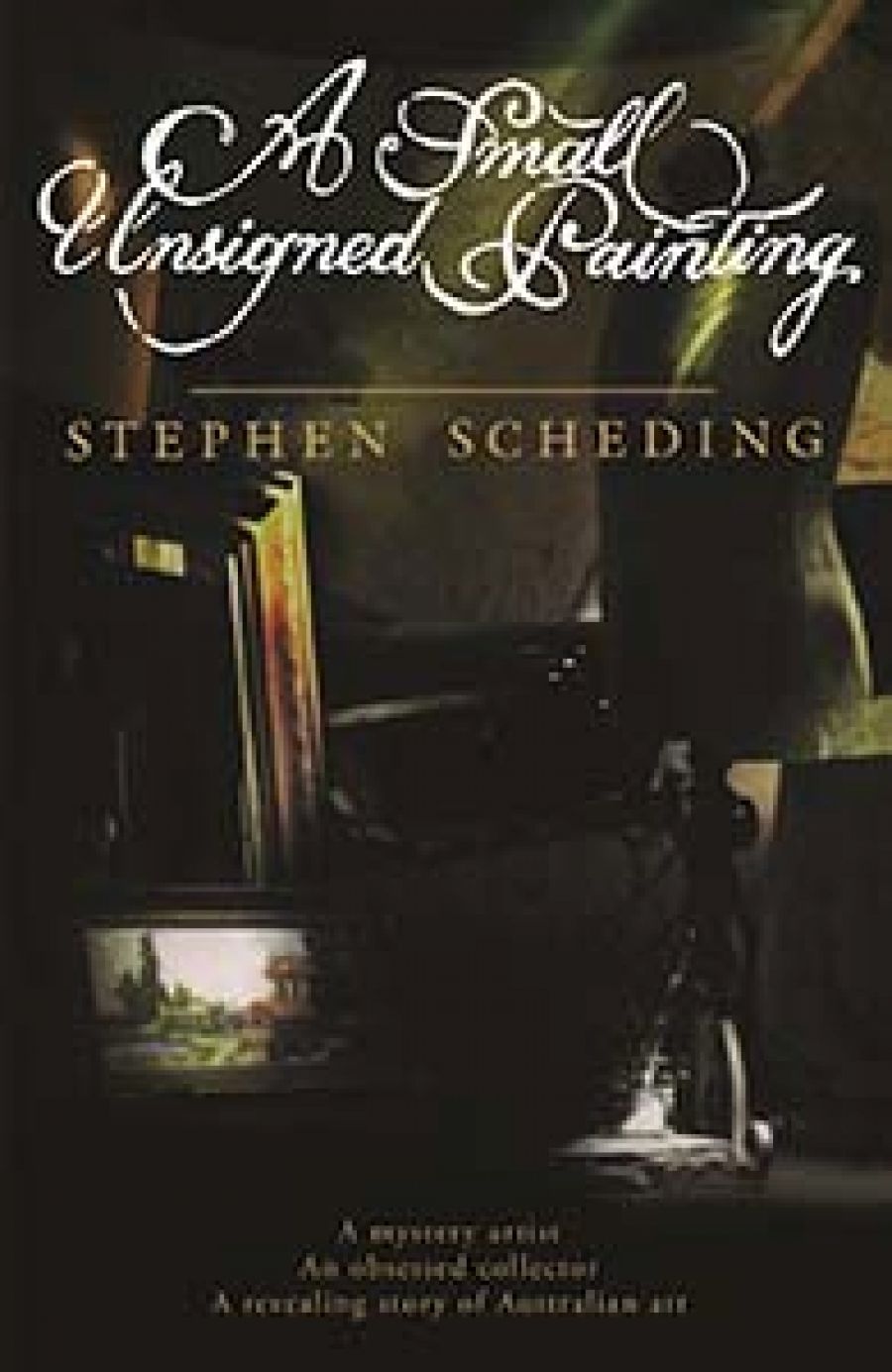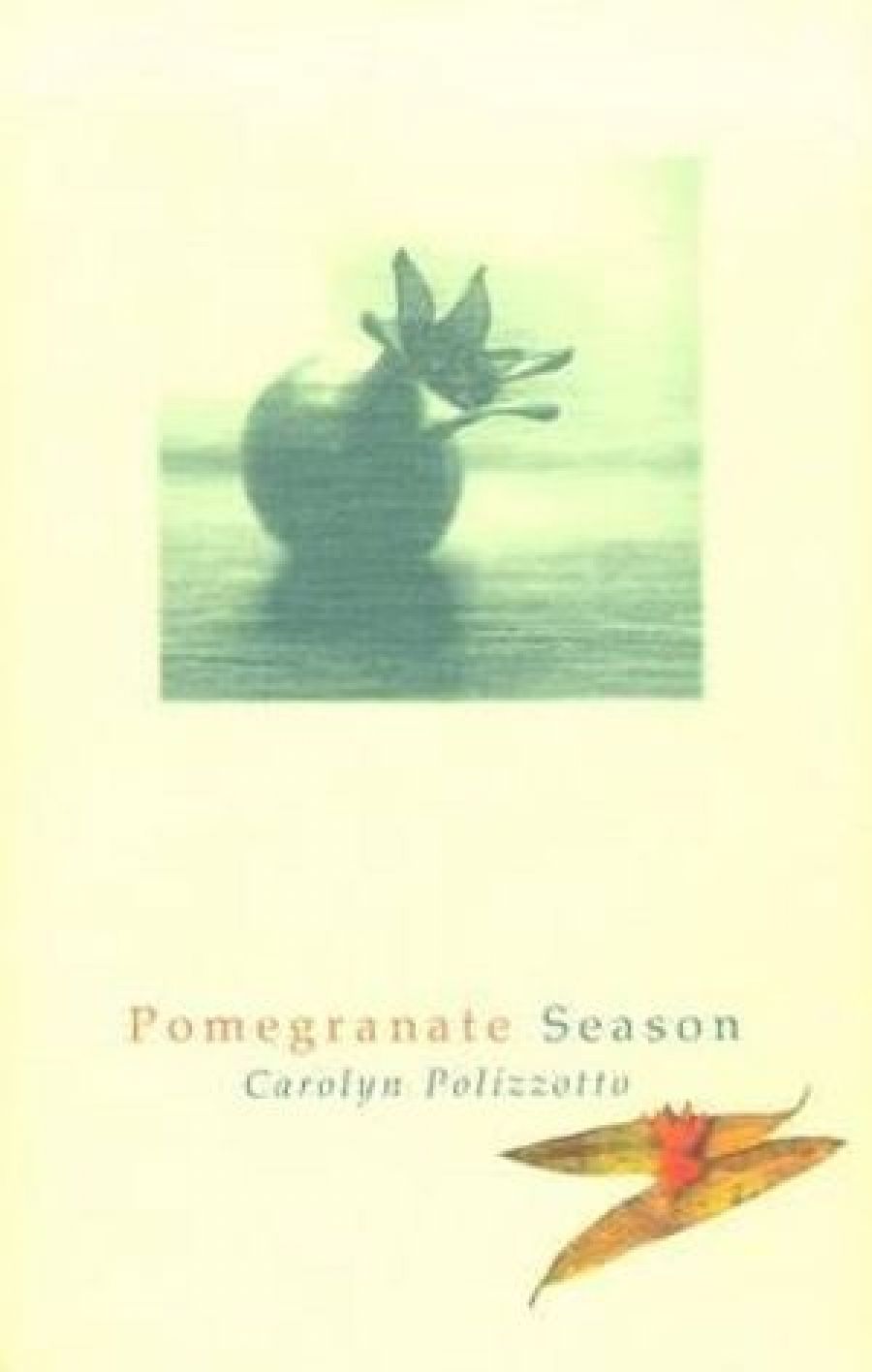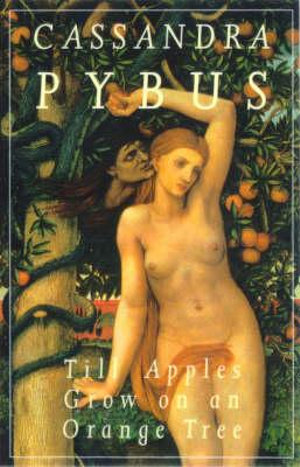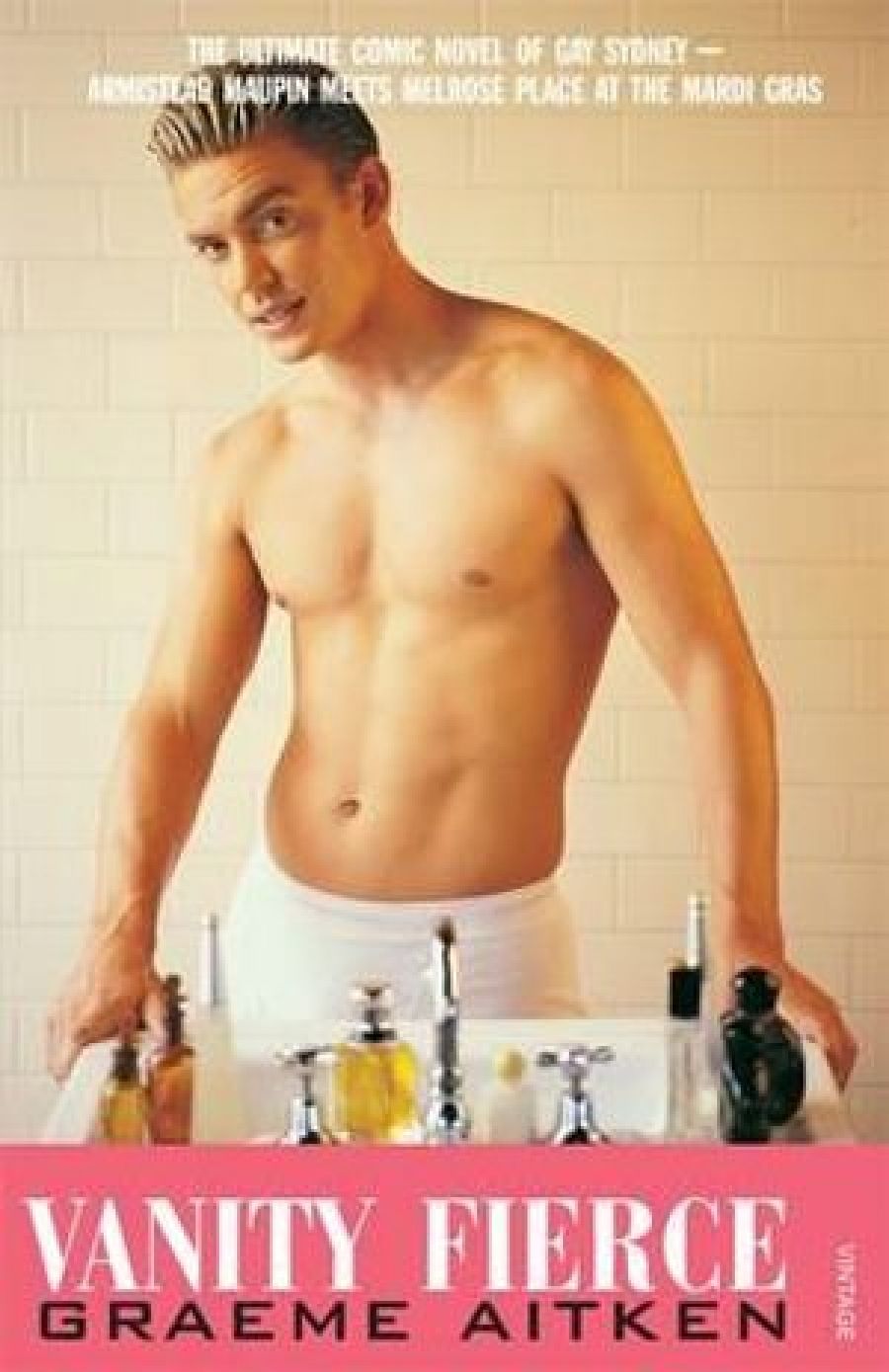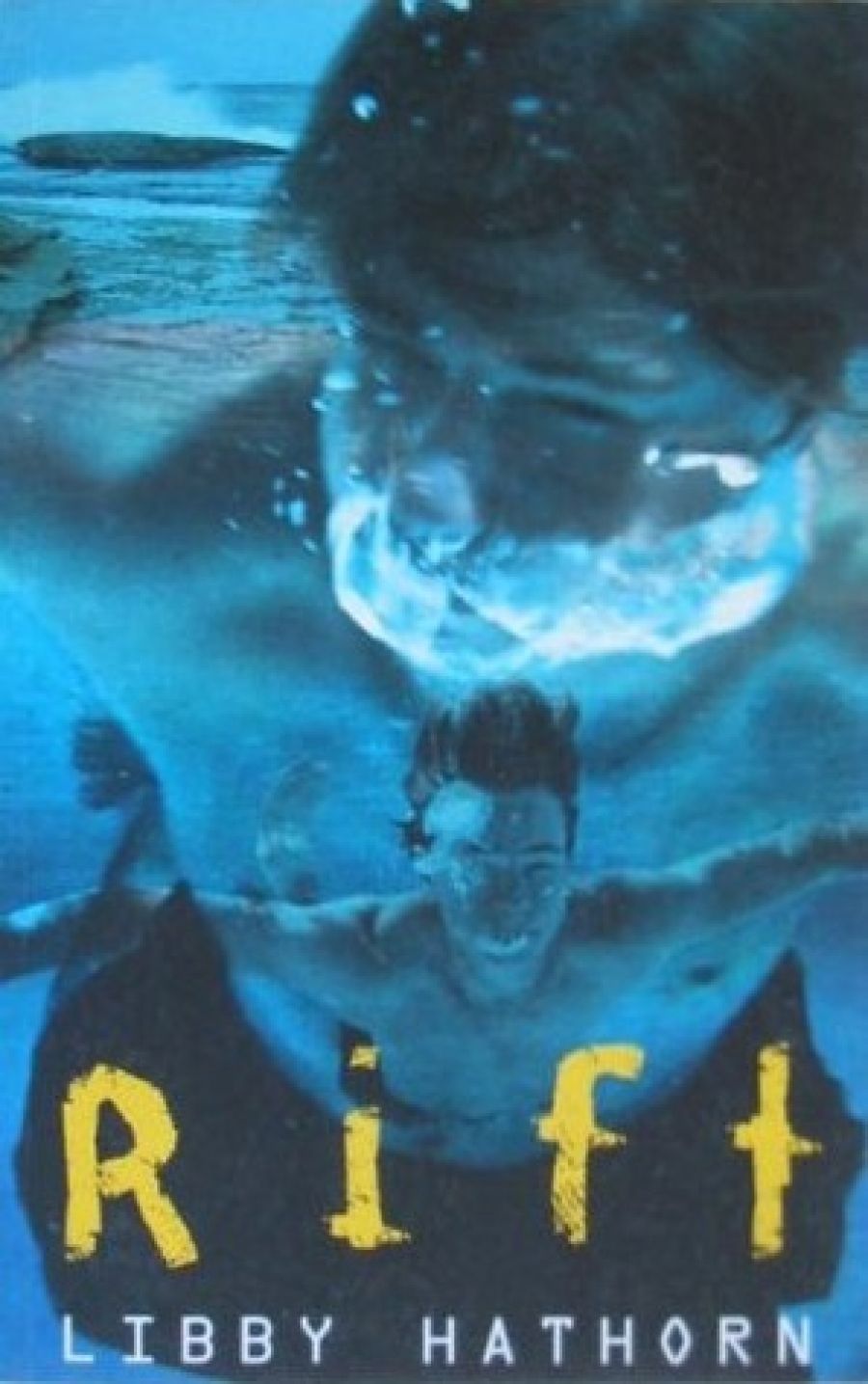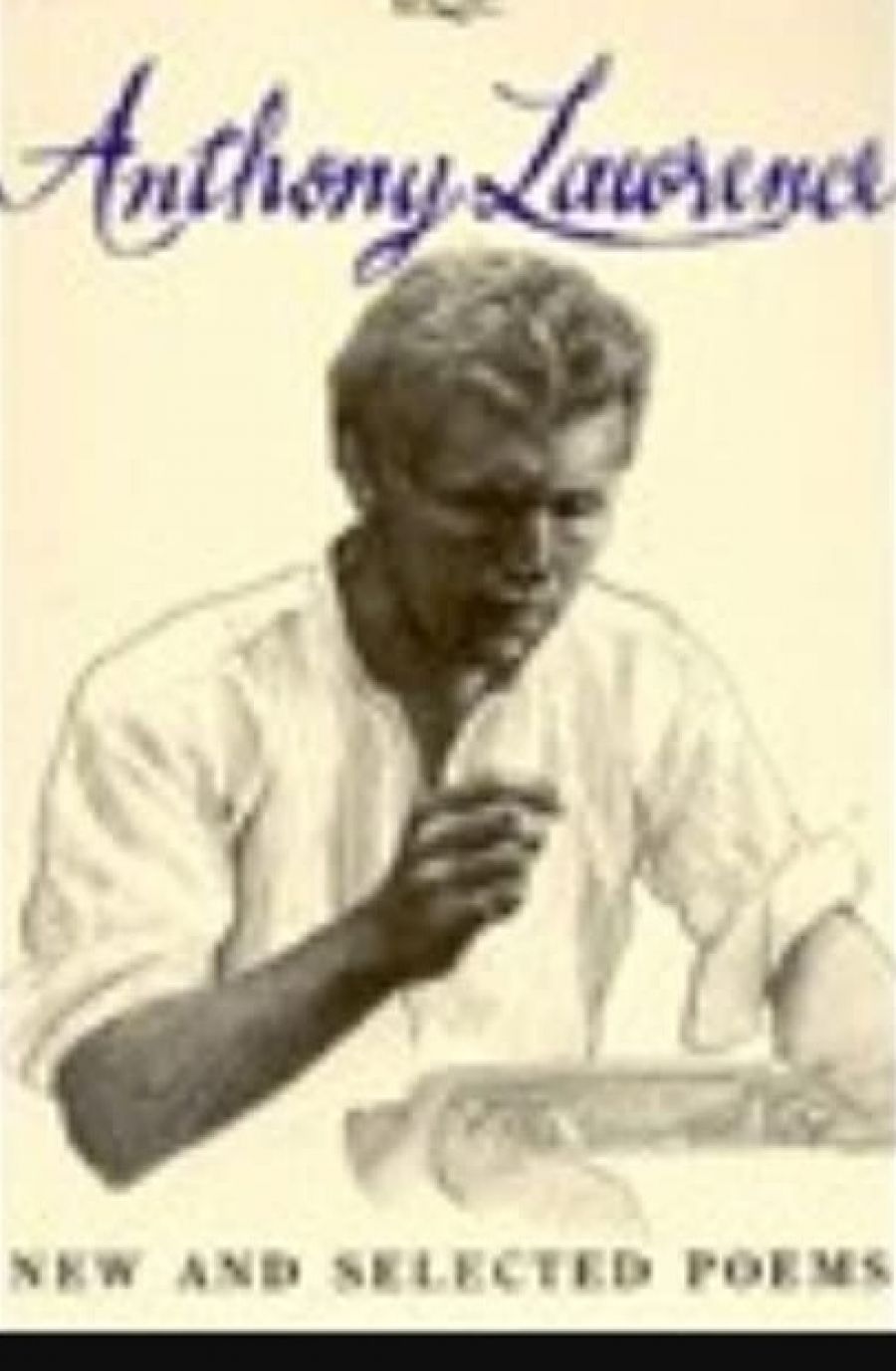The fascinating remembrance of the first two decades of the Communist Party of Australia is the first general history of Australian communism since Alastair Davidson’s The Communist Party of Australia: A short history appeared in 1969. Stuart Macintyre’s The Reds is both erudite and, as befits a former CPA member of Presbyterian background, is infused with moral vision.
The dreadful realities of Stalinist totalitarianism, and in particular the terror, hang like a spectre across the history of world communism. Here, as elsewhere, the Communist Party of Australia quickly succumbed to Stalinism. Hence the Australian communist project, which put down its deepest roots in the organised working class, was likewise fundamentally flawed and, despite its emancipist and egalitarian vision, deeply drawn to tyranny.
It is a tribute to Macintyre’s intellectual integrity that he does not shy away from the Stalinist tendencies of the local party but confronts them directly. As he points out in his introduction to The Reds, after eight to ten years of enthusiastic and largely ineffective activity, the CPA ‘became an utterly faithful follower of the policies and practices laid down by the Soviet leader’. This development is one of the primary concerns of Macintyre’s history. As he acknowledges, ‘an explanation of it presents some striking challenges’.
In my opinion, Macintyre is more than up to the task, which he confronts with a combination of courage, impeccable judgment and assiduous research. He also writes superbly well. Thus, while communists in Australia were primarily recruited from the working class, its adherents were gathered from particular segments of society – ‘the ardent, the outcast, the restless and dissatisfied’. Party membership, he rightly argues, ‘gave them companionship, hope, purpose, and demanded much in return’.
Those especially rank and file members of the CPA were, in the main, decent people who made many sacrifices, not least of all being more or less voluntarily enjoined to accept an iron discipline in relation to almost all areas of their lives. In this, they were quite different from the vehemently rebellious and distinctly anti-political Industrial Workers of the World (the Wobblies) ‘who owed allegiance only to their principles (and) disdained all subterfuge’.
For CPA comrades, party and not personal loyalty had to be paramount. As local apparatchiks constantly enjoined, individualism, and in particular ‘petty-bourgeois individualism’, was a heinous sin. Lance Sharkey insisted at a party plenum, ‘A Communist has only one supreme loyalty and that is to the Communist Party and the Communist International.’ ‘If any comrade,’ Sharkey continued, ‘is doing something out of loyalty to other comrades, he wants to drop that point of view. We have no personal ties in the Communist Party.’
As Macintyre accepts, this sort of injunction, especially when coupled with the Marxist-Leninist theoretical underpinning of historical materialism, left almost no room for individual will and personal accountability. Yet such an approach involved a manifest contradiction in that, as a doctrine, communism was replete with images of moral redemption and of emancipation. In particular, it ‘employed a language that was saturated in judgements of capitalist evil and proletarian virtue.’
One manifestation of ‘iron discipline’ was that the Australian comrades, most of whom were men, had to follow the party through many intricate twists and turns of policy, almost entirely directed from the Soviet Union. Thus the notion of ‘Class Against Class’, a rejection of which could lead recalcitrants into supporting the ‘twin errors’ of ‘social fascism’ and the theory of the ‘lesser evil’, quickly, and to many inexplicably, gave way to the tactical idea of a ‘United Front’. This involved temporarily joining with other progressive forces for the defence of a people’s democracy. However, the Comintern made it quite clear that this was not a retreat from revolution, but ‘merely a manoeuvre in the proletarian struggle.’ Indeed, it was Lenin himself who coined the metaphor that communists would support reformists ‘as a rope supports a hanging man.’
Hence, as Macintrye aptly points out, much CPA energy
was spent in fierce polemics against the futility of reform, the perfidy of Labor politicians, the inadequacy of existing trade unions that only served to gild the chains of wage slavery, and above all, the errors of their socialist rivals.
In the 1920s and 1930s it was Queensland, of all places in Australia, which presented the most favourable climate for CPA success. This was because a long-serving, right wing, and largely Catholic and AWU dominated, Labor government had, by its reactionary policies, alienated most left-wing unionists and many members of the ordinary rank and file.
Thus in 1928 the executive committee of the Comintern accepted the so-called ‘Queensland Resolution’ which argued that there the working class was ready to overthrow a treacherous ALP state government.
In part, the Comintern was right in that it was especially in North Queensland that the communist party in Australia came closest ‘to constituting a genuine mass movement’. Thus in 1939 both Fred Paterson, later to be the CPA’s only representative in any Australian parliament, was elected as a communist to the Townsville city council. At the same time, his friend Jim Henderson, who is still alive, was elected as a CPA representative to the Wangaratta shire council, which encompassed the coal mining town of Collinsville.
Many Australian comrades in the north, including Fred Paterson, were regarded as rebels and irreverent renegades by autocratic members of the Sydney-based central committee. Indeed humourless CPA bureaucrats like Sharkey and Jean Devanny’s sometime lover, the authoritarian J. B. Miles, tried regularly and sometimes unsuccessfully to make recalcitrant Queenslanders publicly toe the often shifting party line.
Long standing CPA member and party official, my friend Claude Jones, who died last month in Brisbane, boasted that the Queensland communists were ‘bush larrikins’ with ‘a militant don’t give-a-bugger attitude.’ Claude, who joined the party in Toowoomba, delighted in recounting how Miles censured him by saying, ‘The trouble with you, Jones, you’re too much of a larrikin.’
As Macintyre relates in this first-class book, Jones replied. ‘A few more fucking larrikins and less theoreticians, and we might get somewhere.’
‘Hallelujah!’ and ‘Amen!’ to that.
